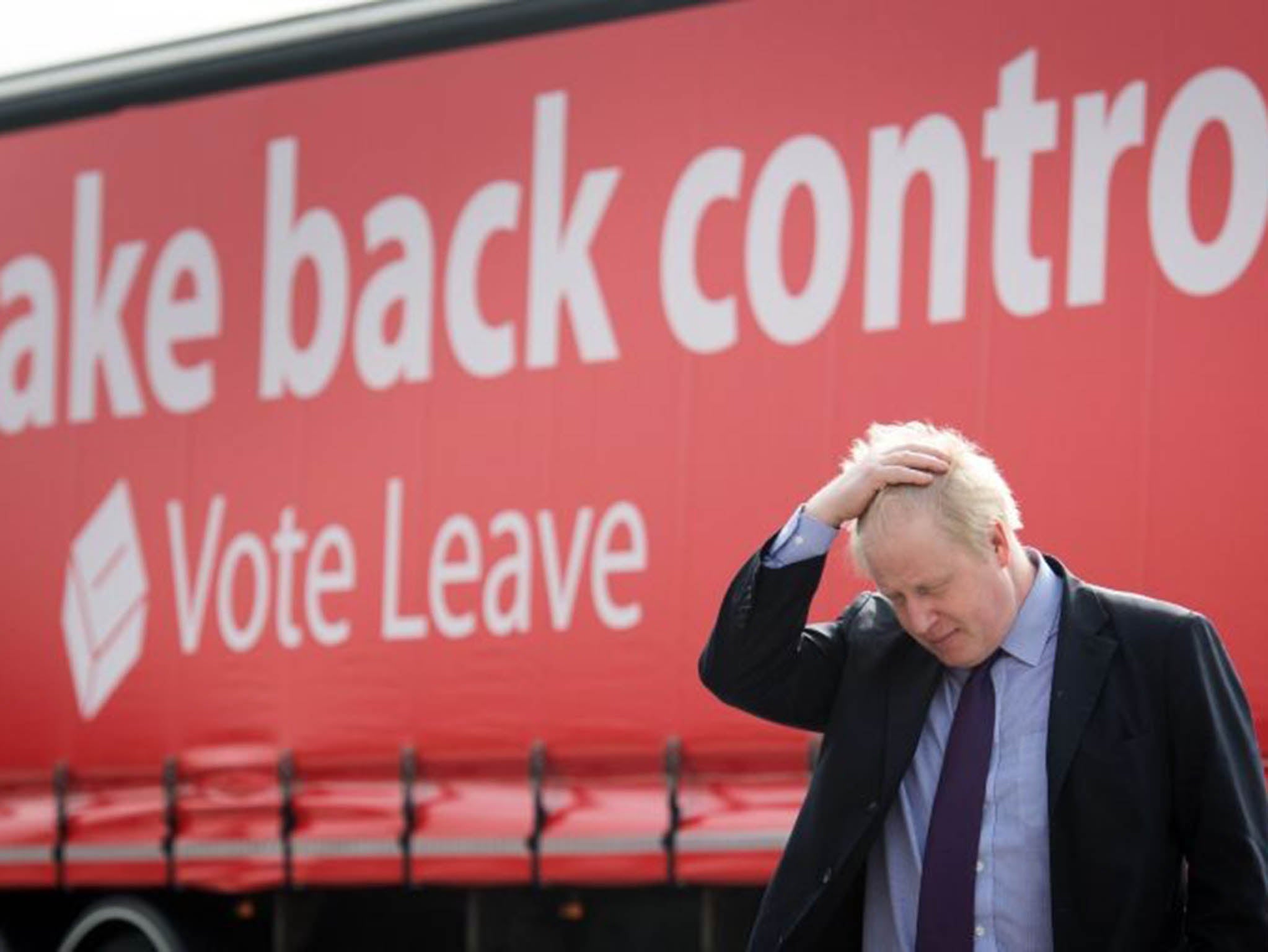Brexit myths: fact-checking claims by both sides of the EU campaign
Does the Queen back Brexit? Would tariffs be charged on our exports to the EU if we left? Would I need a visa to go on holiday in Spain? We put six questions to the test


Does the Queen back Brexit?
The Sun said so on its front page on Wednesday, and Tony Gallagher, the editor, stood by the story on the Today programme on Thursday. The story came from a lunch attended by Nick Clegg and other ministers, including Michael Gove, at which the Queen was said to have told the deputy prime minister the EU was going in the wrong direction. As this was in 2011, before David Cameron had even promised a referendum, it does not mean that she supported withdrawal, even if the account is accurate. She was also reported to have told MPs at an undated reception at Buckingham Palace: “I don’t understand Europe.”
Gallagher said, "We do know more than we printed," but that he hadn’t printed it to protect sources. Pity he didn’t print any actual evidence that the Queen supported Brexit, though. She is likely to be a moderate, small-c conservative Eurosceptic – it’s her sovereignty that is being pooled, after all – but there is no evidence that she’s an Outer.

Did the EU slow down Crossrail?
Boris Johnson in his interview with Andrew Marr last Sunday said the EU had decided that “Crossrail tunnels had to be 50 per cent bigger in order to accommodate German trains”. He said: “We had to spend literally a year trying to fend off that demand.”
Tunnel diameter was discussed before 2009, but as Johnson admits the demand was fended off, and it did not hold up the project.

Has the EU blocked safer tipper trucks in London?
Another of the Mayor’s claims was that there was nothing he or the Transport Secretary could do “to ensure that we had safer tipper trucks on the streets of London to stop cyclists being crushed”. Marr disputed it: “The EU agreed with your argument in 2015 and has put forward legislation to allow safer tipper trucks.” Johnson insisted it had been blocked until 2021 or 2022 by France and Sweden “because they have truck businesses that don’t want to see it”.
I think Johnson is broadly right. A report by InFact, a pro-EU fact-checker, says the law allowing safer trucks (not requiring them), will not come into effect until 2020.

Would tariffs be charged on our exports to the EU if we left?
The Prime Minister spoke at a factory in Chester on Thursday, and said that before we joined the EU, “we faced extremely high tariffs”, and gave some examples: “14 per cent on cars, 17 per cent on bicycles, 32 per cent on salt, 37 per cent on china.” He extolled the benefits of “selling to a continent full of customers – 500 million people – tariff-free”.
Tariffs have fallen worldwide in recent decades, and the average tariff charged by the EU on imports from outside is now around 3 per cent. Stephen Booth of Open Europe says that sectors such as cars, chemicals, food and financial services currently face tariffs higher than 4 per cent, and would be disrupted unless new tariffs were negotiated.

Would we be part of EU “free movement” rules even if we left?
One of David Cameron’s repeated arguments is that the Leave campaigns won’t say what the UK’s relationship with the EU would be from the outside. Would we be like Norway or Switzerland, in which case we would have to sign up to all the EU’s rules, including the free movement of EU workers, to have access to the single market? Or would we be like Canada, in which case we would face tariff and non-tariff barriers (such as a refusal to recognise our professional qualifications) to selling in Europe.
Cameron is right that there is no single “Leave” policy, partly because there is not yet a single official Leave campaign. But if we voted to leave, Boris Johnson would probably be the prime minister who negotiated the terms of our new relationship. He implied on the Andrew Marr Show that he wanted to restrict freedom of movement and that he didn’t think tariffs were a problem.

Would I need a visa to go on holiday in Spain if we leave?
Citizens of countries comparable to the UK, such as the US and Canada, don’t need a visa to visit the EU. Even citizens of Albania don’t need a visa to enter the rest of the EU – although they do need one to come to the UK. People from most other countries, such as Turkey (even though it is a candidate to join the EU), do need a visa.
Even if the UK were not part of the visa-free European Economic Area (Iceland and Norway), the EU is unlikely to impose visa requirements.

Answers are colour coded: green for closer to yes, red for closer to no.

Join our commenting forum
Join thought-provoking conversations, follow other Independent readers and see their replies